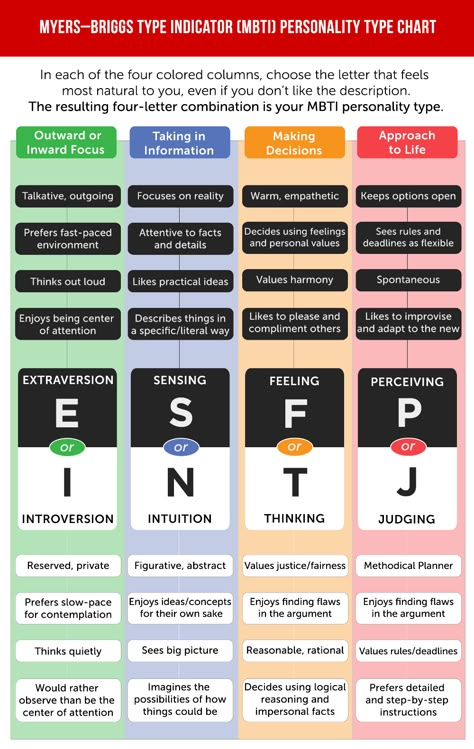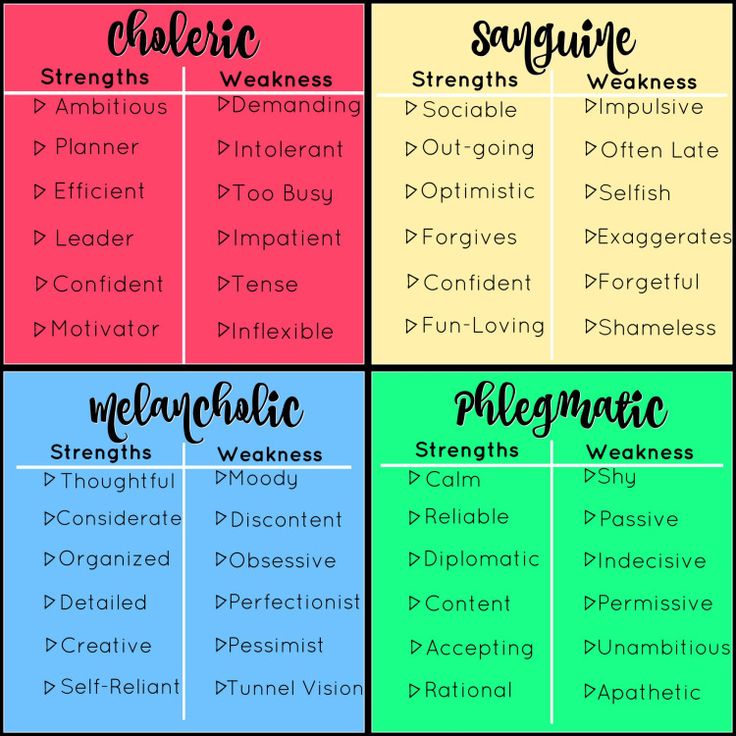Introvert leadership style
3 Unique Skills That Make Introverts Excellent Leaders
Surprisingly these unique skills can make introverts a great leader
Introvert- a reserved or shy person who enjoys spending time alone. ~ Merriam-Webster Dictionary
The concepts of introversion and extroversion have been heavily studied by psychologists and researchers for hundreds of years. It can be easiest to identify and contrast personality differences when looking at people in groups, families, and working teams. In the workplace, the differing personality preferences of introverts and extroverts can be displayed in communication, conflict, and leadership styles. Assessments such as the Myers-Briggs Type Indicator (MBTI) can be helpful in deeply understanding your personality.
It’s important to note that any personality type can be successful and a good leader. In the past, we’ve discussed how anyone can develop themself as a leader at work.
There is a common misconception that introverts can’t be effective leaders because they are usually seen as quiet and unassuming. Oftentimes, introverts are not the first to speak up in a meeting or group setting, so others might overlook them and their contributions.
However, there have been many popular leaders, CEOs, and U.S. presidents that were introverts. It is true that many introverts might consider themselves to be reserved, shy, or aloof, but that doesn’t mean that they won’t take the lead on areas that are important to them. Here are three unique skills that make introverts excellent leaders!
They tend to be good listeners
It is natural for introverts to observe the people, events, and environment around them. Listening is among the unique skills that tend to come naturally for introverts. They listen to what is explicitly stated and often pick up on implications, thoughts, and feelings that are not said. Taking in this information and detail on their team members allows many introverts to empathize and see things from others’ points of view.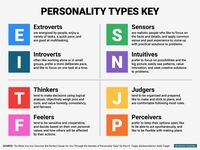
Listening is one of the most important skills for leaders. No one person knows everything or the best way for things to be done all the time. Employees and teams are most engaged when they feel heard and respected.
Introverts think deeply about goals and challenges
Most introverts are deep thinkers because they instinctively focus on their internal world first. This high level of focus is also usually applied to key areas of an introvert’s life. An introverted leader will often ponder on goals and challenges for a long time and thoroughly flush out their position, before presenting these ideas to a group. This level of detail often generates innovative ideas and solutions to current problems. Introverts are mindful of how they come across and interact with others in discussions and meetings. For that reason, they are less likely to come across as pushy or bossy in group settings.
They let others shine
Introverted leaders often empower their teams and let others shine. Since most introverts do not crave the spotlight or a significant amount of attention, they encourage the recognition of their counterparts and direct reports. It is one of the unique skills that many people lack but introverts are gifted with it.
Since most introverts do not crave the spotlight or a significant amount of attention, they encourage the recognition of their counterparts and direct reports. It is one of the unique skills that many people lack but introverts are gifted with it.
A common complaint of employees and team members is that their manager takes all the credit for their work and contributions. Introverted managers usually do not have that problem, because they promote the accomplishments of others. Acknowledging the achievements of others can create more harmony and engagement within a team and improve morale.
Despite what many people think, with these three unique skills introverts can be excellent leaders. The tendencies to be more reserved and quieter can be an asset in the workplace. Introverted leaders are some of the best listeners of their employees, clients and customers. They also think deeply about team goals and challenges to come up with thoughtful solutions and ideas. Introverts in leadership roles usually let others shine and acknowledge them for accomplishments. What affect has an introverted leader had on your career?
What affect has an introverted leader had on your career?
Porschia Parker-Griffin is a Certified Coach, Professional Resume Writer, and Founder of Fly High Coaching. (https://www.fly-highcoaching.com) She empowers ambitious professionals to add $10K on average to their salaries.
How to Find Your Power as an Introvert Leader: Top Tips
Many people falsely believe that extroverted individuals are the most successful leaders. But in fact, both introverts and extroverts have equal opportunity to achieve greatness in the workplace. An introvert leader can guide, mentor, make important decisions, and network just as well as an extrovert leader. Even though their style is different, introverted leaders have valuable gifts they can harness to improve their work and the lives of those they manage.
In this article, we’ll explain exactly why you should nurture introverts into leadership roles and how to make the most of your own introverted personality with a few practical tips. Keep reading to discover the myths, qualities, and fame many introvert leaders experience.
Keep reading to discover the myths, qualities, and fame many introvert leaders experience.
The idea that extroverted individuals are better leaders than those with introverted traits is influenced by the number of people in leadership positions who are naturally extroverted. According to a collection of studies analyzed by Positive Psychology, the majority of people around the world identify themselves as either somewhere in the middle of the two extremes or almost evenly split between them.
Despite this, people still largely believe that the majority of people are extroverted, especially if they hold a position of power.
This may be because, as humans, we tend to think that whoever is more outspoken is more confident. Confident people are the most inspiring, therefore we assume whoever talks the loudest is the best possible leader.
But introvert leaders, regardless of their confidence levels, are living proof that the opposite is also true. Even the quietest person in the room has the ability to be a powerful leader, if given the chance.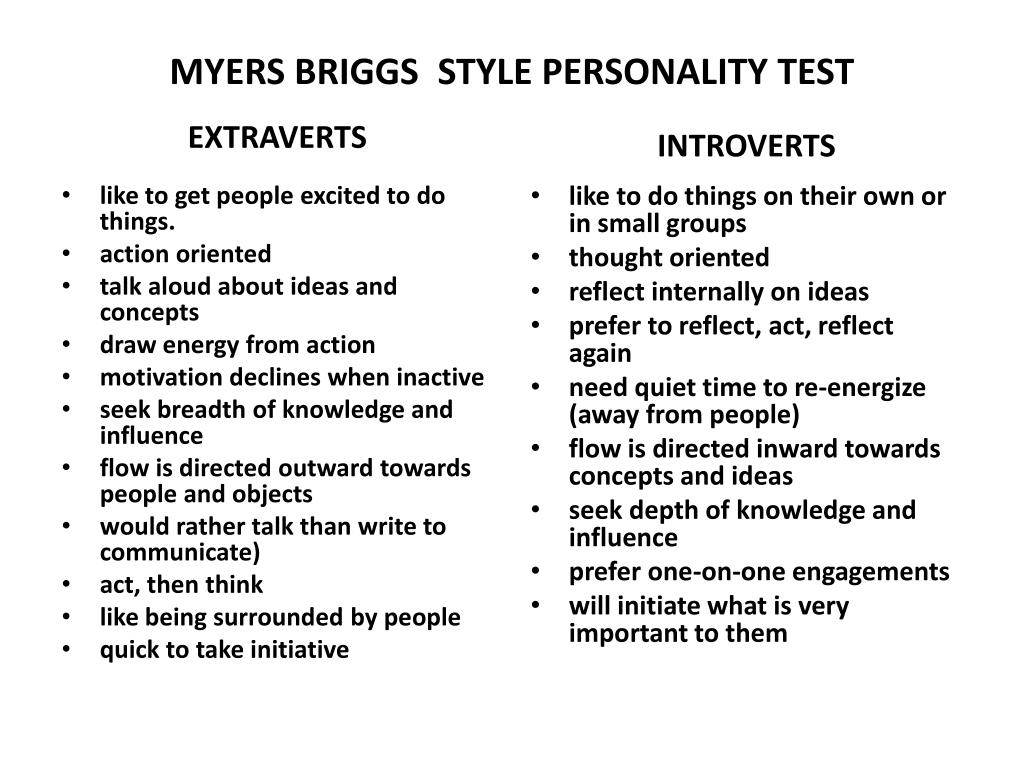
Although contrary to popular belief, personality tests do not measure the differences between introverted and extroverted individuals. Instead, they look at the continuum of behaviors. Both sets of opposing behaviors, including outspoken vs. soft spoken, can be used to effectively lead people.
It all comes down to what leaders do and how they do it.
As we all know, there’s more than one way to manage a team. And you may find that an extrovert’s approach is less effective than an introvert’s when it comes to a particular group of people or the type of work you’re doing together.
Introverted leadership qualities
Here is how introverted leaders work their magic. If you have more than five of the following characteristics, you may display introverted leadership qualities regardless of how you personally identify. Here’s what to look for in yourself or other introverts:
- Thoughtfulness in words and actions
- Thinking deeply about fewer ideas or projects
- Remaining calm in high-pressure situations
- Interest in productive processes over quick end results
- Prefers quality connections over fewer shallow ones
- Easily maintains focus in the long term
- Detail-oriented when solving problems
Myths we need to dispel about introverted leaders
There are many rumors about introverts and their leadership abilities. These may seem harmless at first, but learning about the introverted leadership style will provide guidance for everyone from directors to managers who want to help employees reach their full potential companywide. Here are some biases worth rethinking:
These may seem harmless at first, but learning about the introverted leadership style will provide guidance for everyone from directors to managers who want to help employees reach their full potential companywide. Here are some biases worth rethinking:
Myth #1: Faster is good
Extroverts thrive on sharing their thoughts as soon as they have them. This is especially true in group sightings where they can jump from topic to topic.
Introverts, on the other hand, like to take their time. They often speak slowly and think through things before sharing with the group. This adds a level of diplomacy to their actions which is especially beneficial when it comes to dealing with sensitive subject matters.
Myth #2: Louder is better
Extroverts are known for being enthusiastic. They're often seen as the life of the party or the conference room.
Introverts, however, often get labeled as sticks in the mud. But don't be fooled by their quiet disposition. A quiet confidence is more valuable in professional settings where strategic action is valued. When it comes to speaking in a group setting, introverts often demonstrate quality over quantity.
When it comes to speaking in a group setting, introverts often demonstrate quality over quantity.
Myth #3: Expressive is best
Extroverts are confident in themselves and their achievements so you often hear them excitedly sharing them. While there are many benefits to loud and proud leaders, sometimes humility is a more effective strategy (as long as it doesn’t lead to persistent imposter syndrome).
This is especially important to consider when collaborating with clients and partners who have cultural backgrounds that are different from your own. For example, many European countries view stereotypical extroverted Americans as less agreeable than an introvert’s calmer, low profile approach.
Famous introverts that made great leaders
People often illustrate introverts as reserved and quiet, socially awkward, solitary and soft-spoken. These qualities may make it seem that introverts lack the confidence and social skills that leaders, pioneers, and change makers possess. But you may be surprised to learn that 40% of leaders and executives identify themselves as introverts:
But you may be surprised to learn that 40% of leaders and executives identify themselves as introverts:
- Bill Gates
- Warren Buffett
- Marissa Meyer
- Mark Zuckerberg
- Guy Kawasaki
- Barack Obama
These are only a few of the famous leaders and innovators who consider themselves introverts but you’ll find at least one major influencer in every industry, specialty, and leadership role who openly identifies as one.
Their success proves that transformational leadership is not monopolized by those with an outgoing, socially-affable, and highly-confident temperament. In fact, despite an extroverted environment, introverts can successfully take the reins in any organization.
Tips for leadership as an introvert
As Westcliff researcher Ekta Agarwal writes in their study of introvert leaders: “The goal is not to change introverted leaders, instead it is to understand their preferences and use it as a strength. ”
”
And while Psychology Today says it’s “not necessarily fake or inauthentic for introverts to act the part of extroverts”, understanding what makes an introverted leader unique is the first step to helping them achieve truly authentic leadership.
Here are six tips that introverts and people who manage them can leverage to harness their innate management and leadership skills:
Listen first, talk later
Introverts tend to shy away from small talk because it drains their energy. Typically, they prefer to stay on the sidelines and listen first, and weigh in with their own viewpoint later (or when asked).
A study managed by Francesca Gino, associate professor at Harvard Business School, shows that introverted bosses with active teams can be extremely successful, because they patiently listen to what their team members have to say.
This trait allows introverts to be especially effective leaders, since successful collaboration requires effective communication.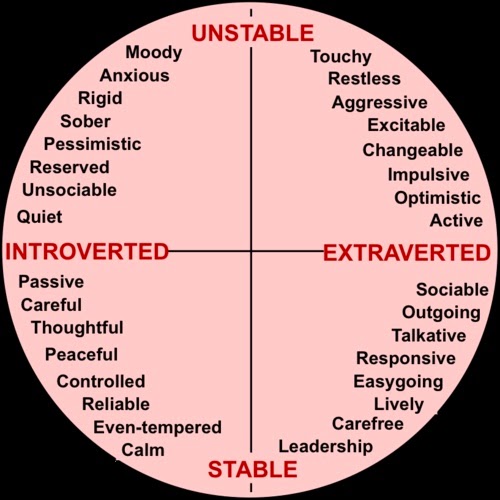 Introverts tend to evaluate the full picture of a situation, carefully prepare what they are going to say, and add comments and instructions that are well thought out and clearly communicated.
Introverts tend to evaluate the full picture of a situation, carefully prepare what they are going to say, and add comments and instructions that are well thought out and clearly communicated.
Step up during times of crisis
An introvert is capable of creating fully formed ideas and solutions that are rooted in his or her own inner power as much as, or sometimes more than, an extrovert.
This person may seem unproductive until they come up with a solution that everyone else missed. Then, their contribution is often valued highly since it is typically well thought out and detailed. By listening more than they speak, introverts are able to digest more information before making a proper analysis of the situation.
Combine this with introverts’ ability to listen intently to their colleagues and weigh different perspectives, and they can be a valuable voice of reason in times of crisis.
Get out of your comfort zone
Because of their low social energy, networking can be difficult for introverts. But because it is key to opening up important business opportunities, it requires introverts to step outside of their comfort zone a bit.
But because it is key to opening up important business opportunities, it requires introverts to step outside of their comfort zone a bit.
Introverts actually can use their natural sincerity to lessen their anxiety and better engage others in conversation, making meaningful connections.
Use your writing skills
Introverts prefer to communicate in writing because it allows them to organize their ideas as they pen their thoughts. Author John Green jokes, “Writing is something you do alone. It’s a profession for introverts who want to tell you a story but don’t want to make eye contact while doing it.” But in all seriousness, introverts make the best writers and can use this skill to their advantage when leading groups.
Take time to recharge
Given the limited social energy that introverts have, engaging in too many group activities and events drains them. Once their social energy is used up, introverts tend to withdraw from their surroundings in search of rejuvenation. Taking some time to work individually is essential to keeping efficiency and productivity high. It’s also key to preventing burnout.
Taking some time to work individually is essential to keeping efficiency and productivity high. It’s also key to preventing burnout.
As an introvert, set aside time during your day to get back into your contemplative zone and re-energize. You can actually use this time to come up with new strategies and ideas, and surprise your company with the surge in enthusiasm and passion at work.
Use collaboration and communication apps
Going digital can be especially advantageous for introverts, since they can preserve their social energy for in-person meetings with important clients and business partners, while staying connected with their team. Instant messaging, collaboration, and work management apps like Wrike can bring enhanced communication, transparency, and accountability to the workplace.
Successful managers, executives, and leaders are not defined by their personalities. They are defined more by how they handle critical situations, guide their team to achieve their goals, and inspire those around them, while being true to themselves.
How to lead a team if you are an introvert
June 1, 2021 Work and study
Leadership is not only for the sociable.
According to one small study, people are more likely to hire and promote extroverts. They are more active, get in touch more easily, offer ideas more often and therefore come across as more involved and professional employees.
According to the Harvard Business Review, there are more extroverts than introverts in high positions, and the number of the latter decreases as the position rises. nine0003
However, introversion is not an obstacle to becoming a good leader. Bill Gates once said in an interview that introverts do well and have many strengths that extroverts lack.
His opinion is confirmed by research: introverts are better than extroverts in managing teams where there are many proactive employees, because they are more inclined to listen to their subordinates and give them freedom to implement ideas, including innovative ones.
However, if the employees themselves are quite passive and do not show initiative, it will be difficult for introverts. Inspiring, igniting, suggesting ideas is not their forte. Therefore, in order to successfully lead even a small team, it is important for an introvert leader to build on their strengths and know how to compensate for their weaknesses. nine0003
Here are some tips from HR experts to help you get there.
1. Tell the team about your management style
A leader who spends a lot of time in the office, is not too willing to contact employees, avoids noisy meetings and loud speeches, and at first may cause bewilderment among subordinates.
It is therefore important to dot the i as early as possible and explain to people that this leadership style may be different from what they are used to. However, this does not mean that the workflow will suffer. nine0003
Explain that you need more time for thoughtful analytical work, explain how often and in what format communication will take place, how you intend to track results, listen and give feedback.
This way employees will immediately see that you are not indifferent to the work and you are not indifferent to their opinion. This will make the relationship in the team more trusting.
2. Listen and be attentive
The ability to listen and hear is one of the strengths of introverts. So use it to its fullest. nine0003
A small experiment involving 163 college students showed that introverts, unlike extroverts, are more willing to listen to the opinions of their team, take into account the ideas expressed - and, as a result, they benefit.
So give your employees the opportunity to speak and be open to their thoughts and suggestions.
3. Optimize personal communication
Communication is a major stumbling block for introverts, especially when it comes to large gatherings. Introverts find it difficult to speak in front of a large audience, hold the attention of listeners, publicly argue and express ideas. nine0003
Therefore, you can change the format and have more one-on-one meetings or meet in small groups of three or four people. It is possible that this will be even more effective than large meetings, in which half of the participants usually remain silent and go about their business.
It is possible that this will be even more effective than large meetings, in which half of the participants usually remain silent and go about their business.
In addition, a personal approach to employees will make them more loyal to both the manager and the company. At the beginning of the 2000s, the American canned soup manufacturer Campbell's was in a crisis and to cope with it, they hired the introvert Douglas Conant as CEO. He managed to pull the company out of the hole, increase sales, increase the involvement and motivation of employees. nine0003
Attention to every member of the team is one of the ways Douglas Conant has achieved brilliant results. During his work, he personally wrote more than 30 thousand letters of gratitude for the good work. People responded to him in return: when the head was in the hospital, dozens of postcards with warm wishes began to come from all branches of the company.
4. Use different communication formats
Many tasks do not require personal contact in principle. Group chats are suitable for reports and questions; to track work on projects - tables and kanban boards; to inform about important events - mailing lists. nine0003
Group chats are suitable for reports and questions; to track work on projects - tables and kanban boards; to inform about important events - mailing lists. nine0003
Find the right option 💡
- 15 handy tools for remote teamwork
5. Hire proactive employees
It will be easiest for an introvert leader to work with proactive and independent people due to their characteristics. It was this approach that Bill Gates recommended for introverts - to choose employees who are good at what leaders of this type themselves are not strong in. nine0003
The same idea was put forward by the Israeli business consultant Yitzhak Adizes when he formulated his system of hiring employees, which is called the Adizes code. The point is that one manager cannot combine all the qualities necessary for an ideal leader, that is, to be a manufacturer, administrator, integrator and entrepreneur. And therefore, in order to work effectively, he must surround himself with people who will complement him well.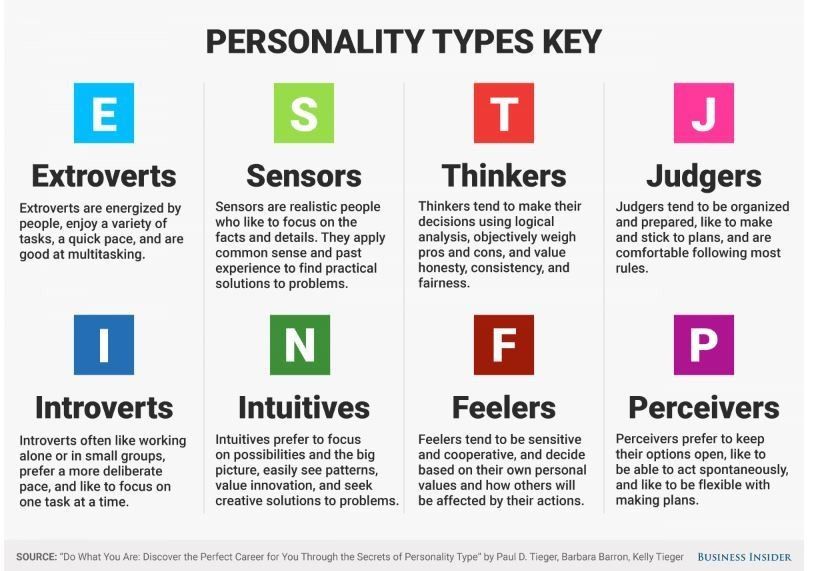
By the way, a personnel review helped to pull Campbell's out of the crisis: Douglas Conant replaced about 300 managers, and these decisions turned out to be successful. nine0003
6. Focus on analysis and planning
These are also strengths of introverts. They are good at research, gathering information, analyzing data, making plans and strategies.
So, this is what should be given as much time as possible. Yes, you may not be a bright and inspiring leader who can easily stand on the podium and lead people. But thanks to painstaking and thoughtful work, you can turn the company into a perfectly tuned mechanism. nine0003
7. Don't feel inferior to others
One of the problems with introverts is that they doubt themselves, often think negatively, and set themselves up for failure rather than success. And so sometimes they show not the best results.
At the same time, positive introverts are not inferior to extroverts at all.
So it's worth reminding yourself often that you have many strengths and you deserve to sit in the chair of the leader no less than more open and sociable people.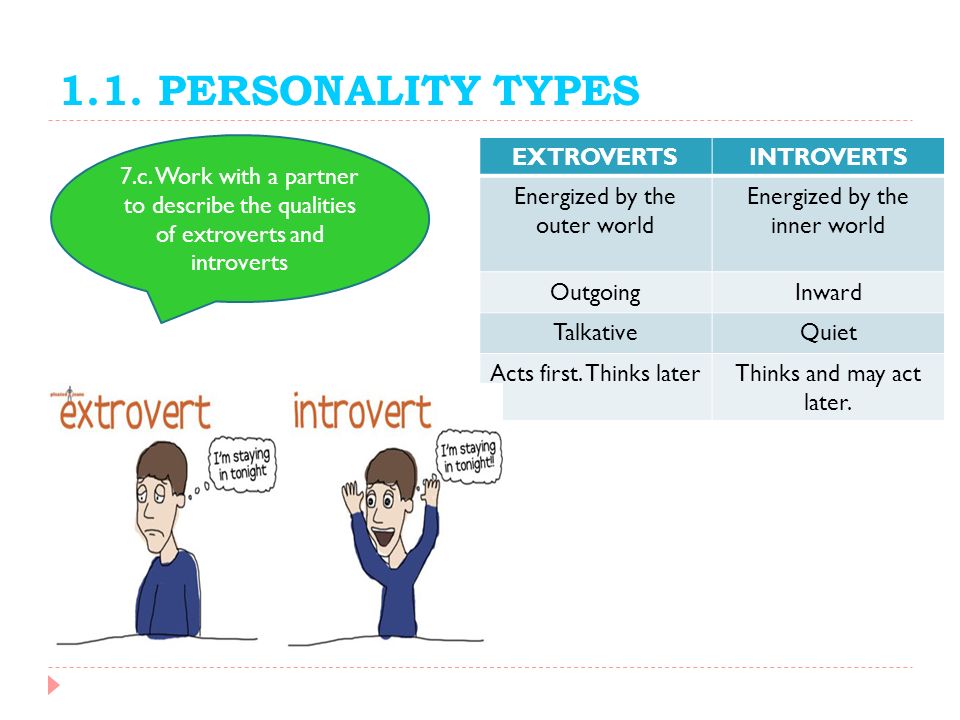 nine0003
nine0003
Read also 🧐
- 13 signs you're an introvert, even if you don't know it
- 17 facts that introverts would like to share with their bosses and colleagues
- 25 things only introverts will understand
- 9 books every introvert should read
- 5 popular myths about introverts and extroverts
Nooks and crannies of personality | Chief Information Officer
Some people think that to be a successful leader you have to be an extrovert, not an introvert. However, experience shows that both leadership styles can be successful.
You must have heard of someone (or maybe yourself) say: "What an outstanding personality!" Sometimes, on the contrary, personal characteristics are presented in a negative light, for example: "This meeting was nothing more than a struggle of individuals." So how important is the personal aspect for a leader and how does management efficiency depend on it? nine0097
The dictionary defines personality as a set of emotional and behavioral traits that characterize a person.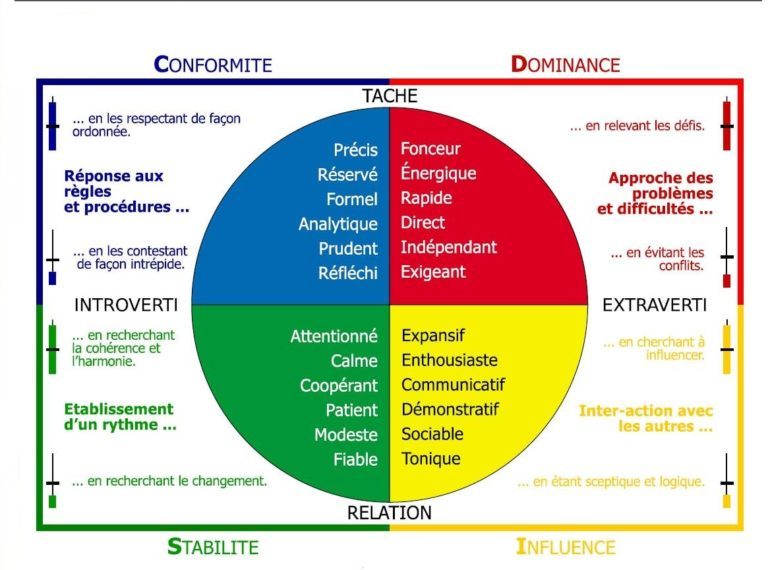 That is, you are how you present yourself to the world around you. The way other people see you. Is it important for effective leadership? I think it's important. After all, your image is an assistant in attracting new supporters.
That is, you are how you present yourself to the world around you. The way other people see you. Is it important for effective leadership? I think it's important. After all, your image is an assistant in attracting new supporters.
Some people think that in order to be a successful leader, you need to be an extrovert. Introverts, on the other hand, are usually characterized as people who are more comfortable in the world of ideas than in the world of people. In my experience, both leadership styles can be successful, as each has its own advantages, and the strengths of each of these approaches come to light in different situations. Just remember to try to emphasize the positive aspects of your leadership approach and suppress the negative ones. nine0003
If you are an extrovert
You are sociable and outspoken, you love people, you are always looking for an opportunity to convey your thoughts to others. Everyone says you have a strong character. So, nothing prevents you from becoming a successful leader, right? But everything is not so simple.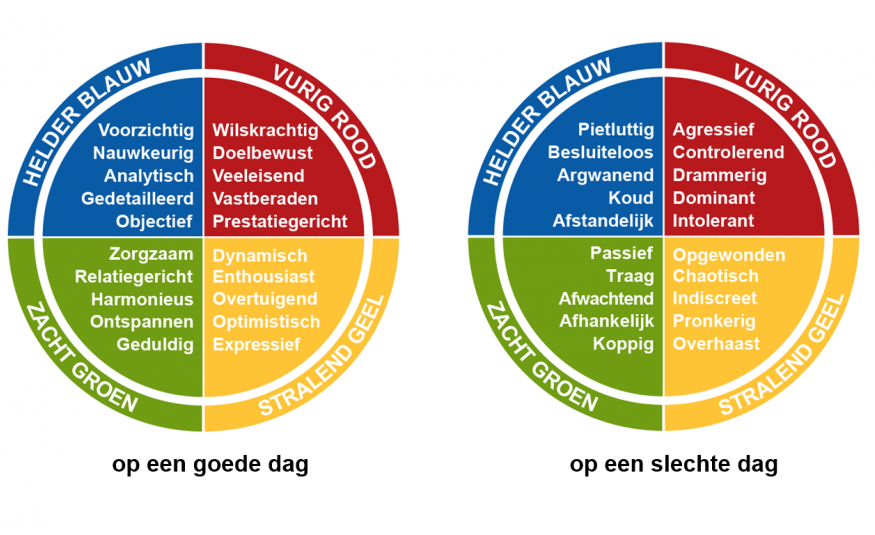 Problems may also await you.
Problems may also await you.
Several years ago, when I was working in the oil industry, my team was negotiating with a certain company to finish work in accordance with one of the contract clauses. The vice-president of this company was a charming, sociable person, a bright personality. Ten people from his team were with us in the meeting room while we discussed the terms of the expiration of technical support from our side. Members of his team were aware of several factors that could influence the outcome of the negotiations in their favor, but no one even mentioned this to the vice president. nine0003
Not only did we get the end of support agreement we wanted, we also signed waivers of all existing work under the contract. And he invited us to dinner after the talks! Later, much later, we decided for ourselves that the subordinates of the vice president of that company were frightened by his presence. Their boss was the center of attention, and any intervention seemed like a huge risk. They opted for some more onerous terms in the agreement over this. nine0003
They opted for some more onerous terms in the agreement over this. nine0003
Here is an example that leads to useful conclusions.
Don't let the applause deafen you. It is a difficult task for an extrovert to learn to hold back when the situation calls for it. Bathing in the rays of your glory can lead to the fact that some important facts will pass you by.
Try not to repress. Your active presence can be overwhelming and intimidating. Look for help in others - they have something to say, and be careful not to scare them away.
Let the last be the first. You may need to develop self-discipline in order to give others the opportunity to be the first to speak on the merits. Listen, then draw your own conclusions. Excessive eloquence may seem arrogant to other people. nine0003
Avoid competition in popularity. Be careful not to agree too quickly just to please your opponent. At first glance, random arrangements tend to haunt you then relentlessly.
For extroverts, successful leadership often depends on the ability to dampen one's own energy.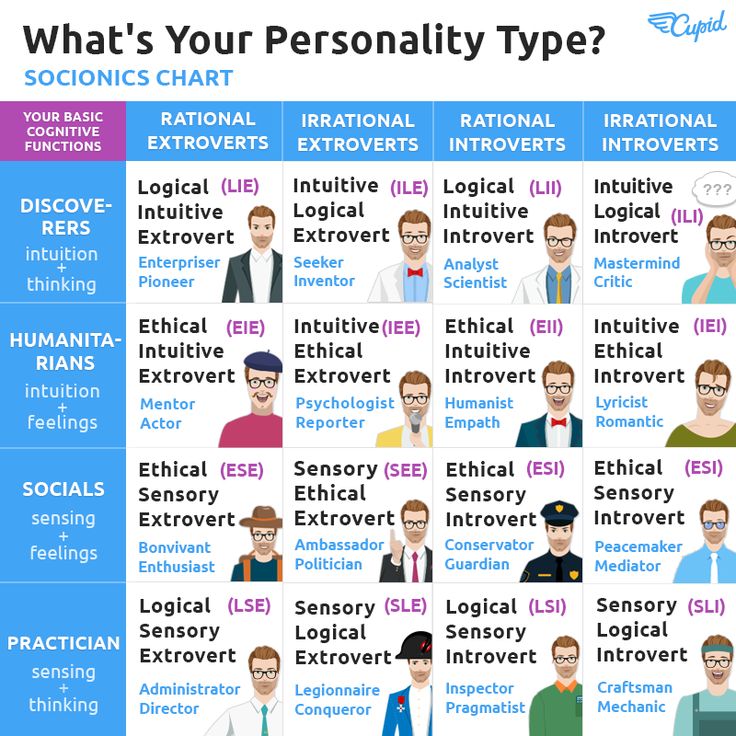 It only takes a little practice to learn how to find a balance, from this your personal qualities will benefit even more.
It only takes a little practice to learn how to find a balance, from this your personal qualities will benefit even more.
If you are an introvert
An introvert sometimes has difficulty gathering the necessary leadership qualities. The main problems of shy, introverted people have to do with communication and accessibility. A thoughtful, introspective approach can be mistaken for indifference, making people afraid to ask you questions. This is a serious problem. If you fail to do your job effectively and achieve your goals, your company will sail without a rudder and without sails.
You don't have to undergo massive changes in your personality in order to become an effective leader. You only need to find a way to bring out what is hidden in you. Identify areas for improvement, develop and strengthen your outer self. nine0003
Let me give you an example from personal experience. At the beginning of my career, I was very timid and usually waited for someone else to say everything for me. But, wanting to succeed, I made the decision to work on my communication skills. I started performing in public outside my office until I developed confident speech and my own style. My "thesis" was a speech at a dinner attended by 300 people. I was so nervous that I couldn't swallow a bite, but my company voted me the most inspirational speaker of the year! Today, I may still take a deep breath before going on stage, but I enjoy performing in public immensely. nine0003
But, wanting to succeed, I made the decision to work on my communication skills. I started performing in public outside my office until I developed confident speech and my own style. My "thesis" was a speech at a dinner attended by 300 people. I was so nervous that I couldn't swallow a bite, but my company voted me the most inspirational speaker of the year! Today, I may still take a deep breath before going on stage, but I enjoy performing in public immensely. nine0003
Here are some suggestions to improve your communication and public speaking skills from an introvert like you.
Don't sit in your office all the time. The habit of sitting in one place and doing nothing is very strong, but you need to go out and join the team, communicate with employees. Be visible; be heard.
Take notes. Prepare for topics that interest you. And when there is a deadly silence in the middle of a conversation, which is why you usually have a panic attack, prepared notes will help you calm down and fill the pause.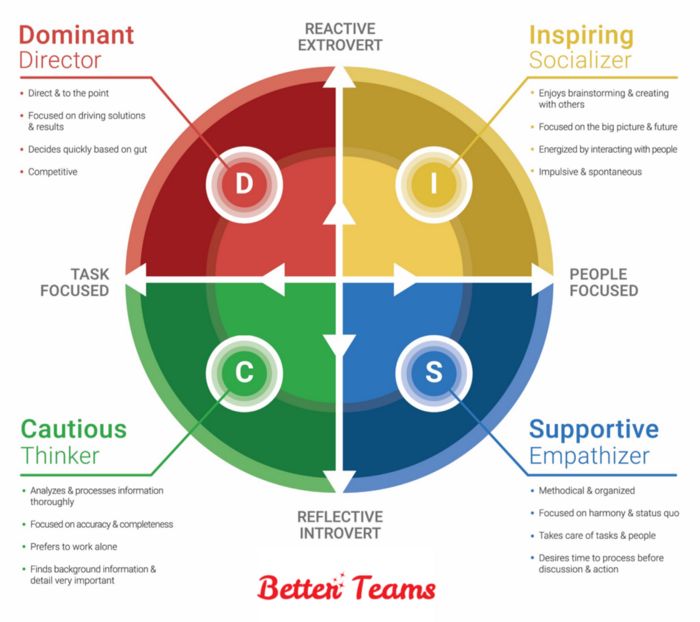 nine0003
nine0003
Reduce risk. Once you feel that you are able to speak and speak confidently in public, look for low-risk opportunities to do so. Connect with colleagues, volunteer groups, and professional organizations. Being away from your company automatically gives you a "safety valve". Judgments from strangers are rarely as harsh as those from those who know you well.
Start small. If, like most people, you live in mortal fear of interacting with large groups of people, start small. For this purpose, morning meetings, small meetings, and even one-on-one meetings are suitable. nine0003
Smile. Your inner state can affect the way you behave. A single frown or an overly stern expression on your face can cause a lot of hypotheses and interpretations of your behavior. Remember to smile. This affects your inner confidence that you know where you are going and where you are leading people.
Remember that in some situations it is your natural reactions that will be the most correct.